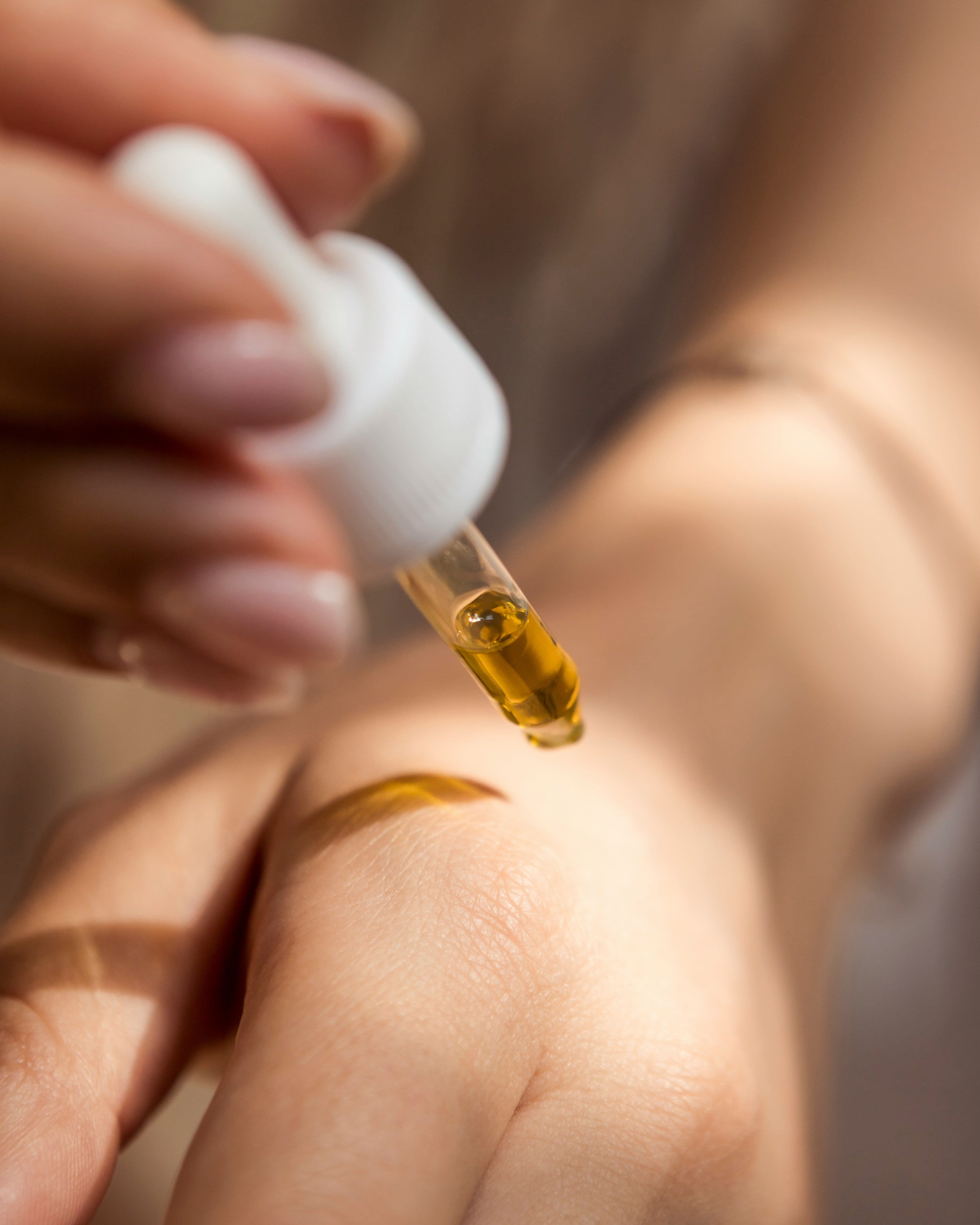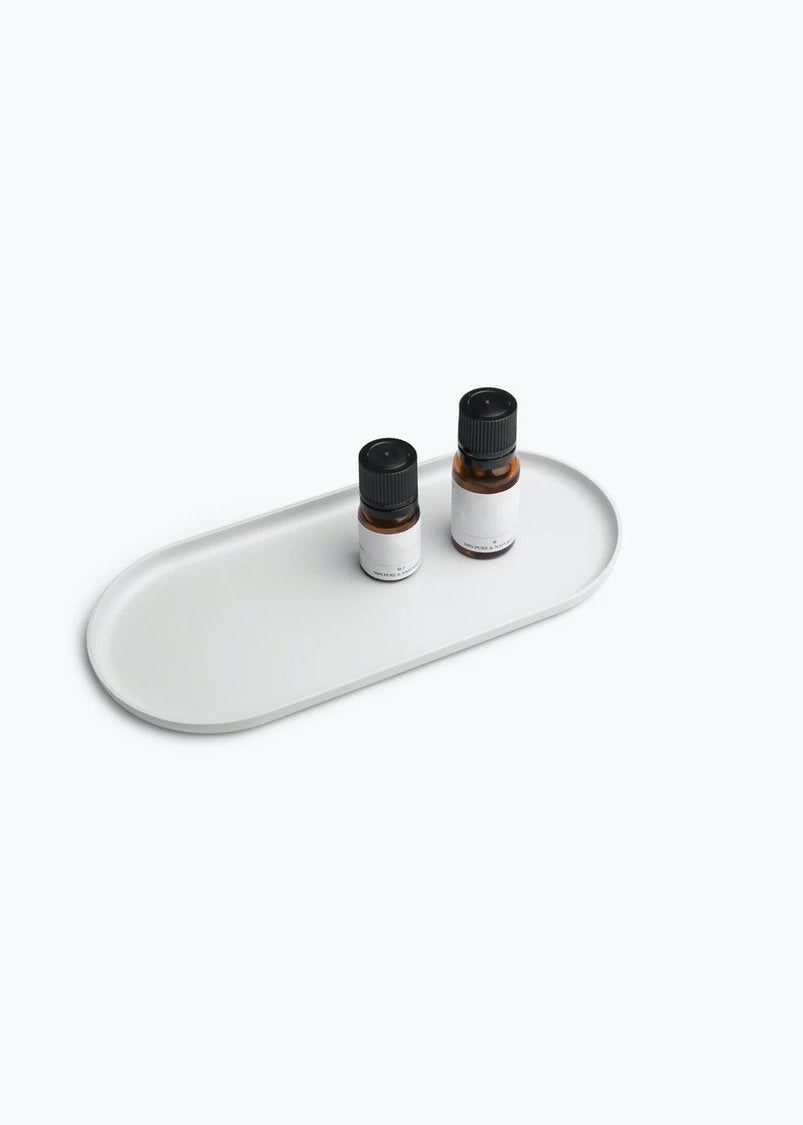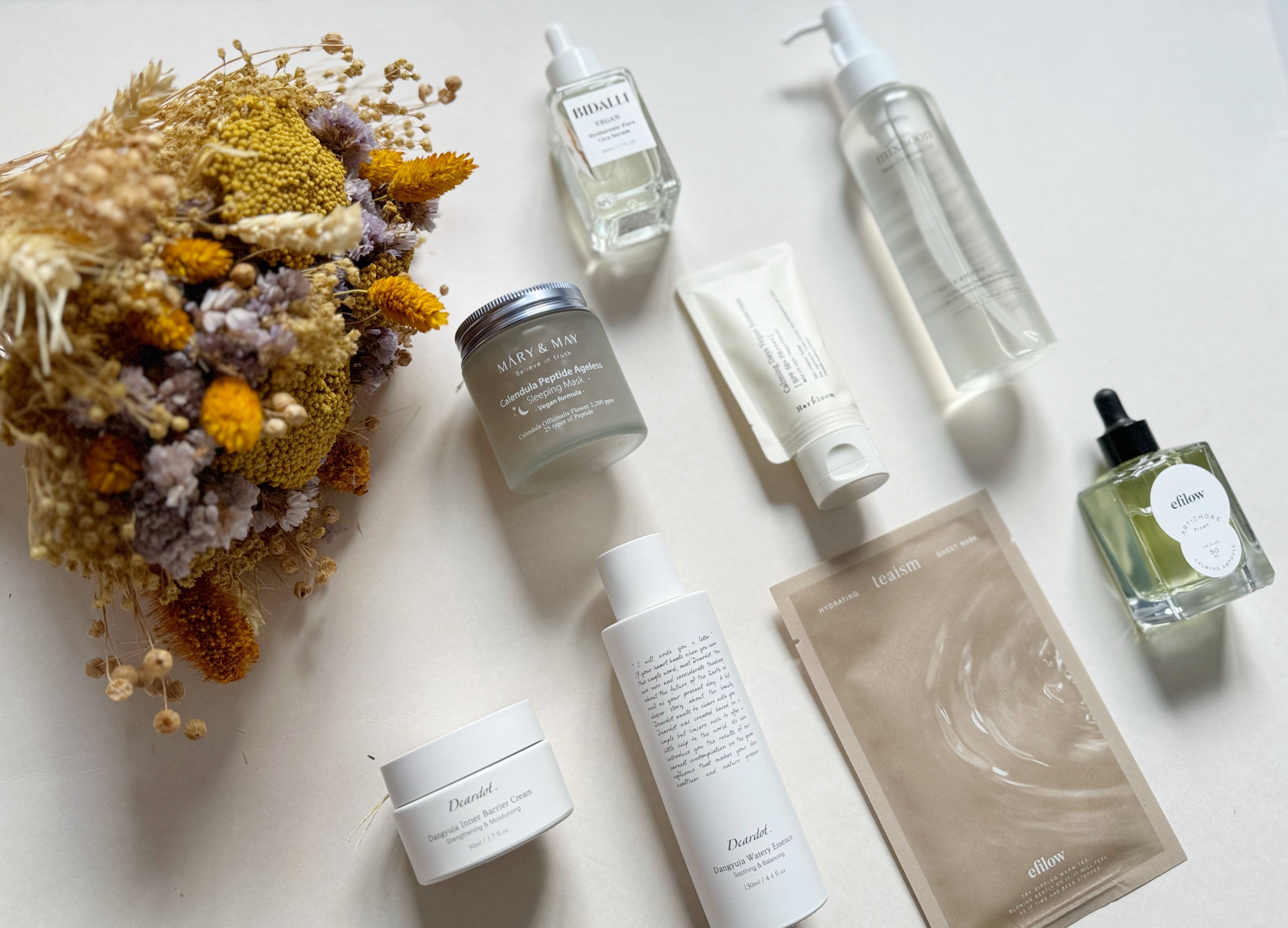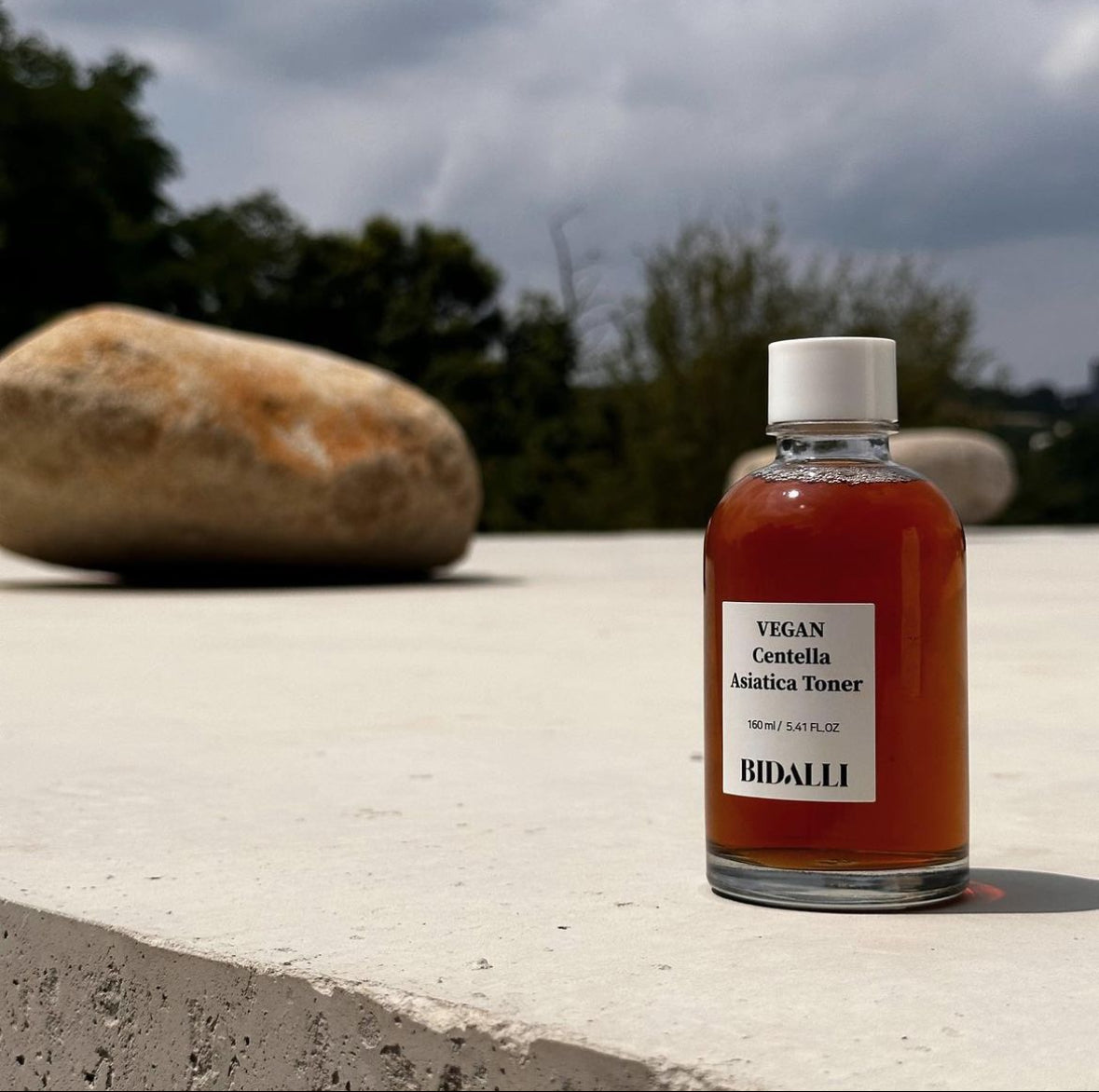Toxic Ingredients In Skincare

You have probably heard of toxic ingredients in cosmetics going by terms such as “the dirty dozen,” “toxic twenty,” or even “toxic thirty.” Most of these are common, innocent-sounding chemicals, but they can be very bad for you. Their harmful effects to your skin and body range from affecting the skin’s moisture content to increasing the probability of developing conditions such as cancer. These are some of the most common and harmful of these naughty chemical products.
10 Most Toxic Ingredients Found in Skin Care Products
1. Formaldehyde
Commonly listed as formalin, methanediol, or formic aldehyde, formaldehyde is a preservative used to increase the shelf life of skin care products. It is also present in other forms although it can degrade and release toxic formalins with time. It is a known carcinogen, irritates the skin, and even causes burns.
2. Parabens
Parabens are a whole group of chemicals which are found in over 80% of skincare products. They are also used as preservatives, but their toxicity is due to the fact they are known to mimic the hormone estrogen in the body. Too much of these compounds can cause unregulated cell division in the breasts, causing cancer.
However, Parabens are a wide class and not all of then are bad - which is why most skincare products have them in the first place. Luckily, there are also lots of paraben-free products available in the market.
3. Fluorinated compounds
Also called PFAs and PFCs, this is a class of thousands of chemical compounds commonly found in waterproof mascara, eyeliner, foundation, sunscreens, and other products. These compounds have been linked to cancer, thyroid problems, and reduced effectiveness of vaccines.
4. Phthalates
Phthalates are found in many cosmetic products including sprays, lotions, shampoos, perfumes, body washes, and many more. They are banned in the EU because they are linked to reproductive health problems, hormonal imbalances, and cancer. However, they still sneak into cosmetics as softeners.
5. Hydroquinone
Commonly used as a bleaching agent, hydroquinone is very bad for you. It causes skin redness from irritation, dryness, burning sensations, and possible links to cancer.
6. Sodium Lauryl Sulfates/Laureth Sulfates (SLS/SLES)
SLS/SLES are foaming agents used because they help clean the skin of grime and oil. They also penetrate the skin much more easily, which is bad because they are irritants which affect the lungs, eyes, nose, and hormonal disruptions.
7. Retinol/Vitamin A
The micronutrient retinol, or vitamin A, is usually very good for the skin. However, pregnant women should keep away from it because it can damage the DNA of the baby.
8. Synthetic fragrances
There are thousands of fragrances that are usually listed just as “fragrance” or “parfum.” These synthetic compounds can contain anything, being chemically manufactured in unregulated labs. This is what makes this ingredient dangerous, and it can cause irritation or even cancer.
9. Aluminum and Lead
Metals and heavy metals are not good for your skin or your body, period. Some products even have mercury and arsenic, which are known to be very toxic.
10. Polyacrylamide
This ingredient is commonly found in anti-aging products. It is not toxic in itself, but it easily breaks down into acrylamide which is a dangerous carcinogen.
Stay Safe By Using Only the Safest Skin Care Products
Sadly, authorities hardly regulate these products. Manufacturers are not even required to list some of them, which makes it your job as a consumer to ensure that the skin care products you use are safe and good for you.
Coos Cosmetics does all that work for you by only bringing you safe, natural Korean skin care products you can trust. If you are looking for safe but effective cosmetics, enjoy products sourced from only the safest skin care products from ethical manufacturers.
















Comments